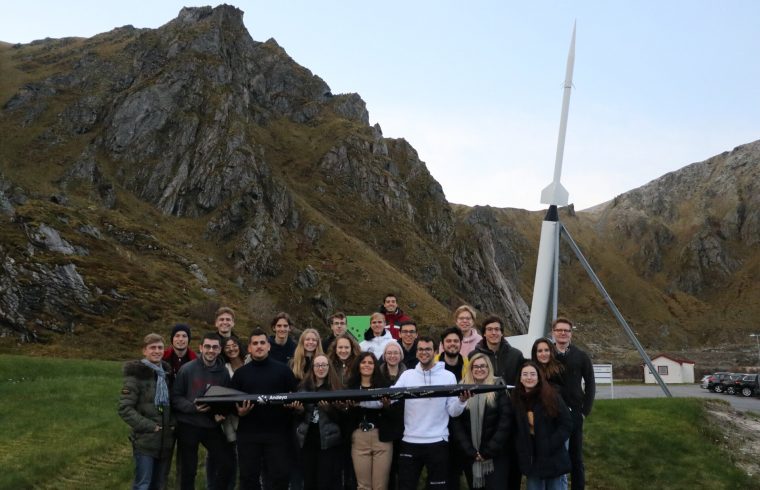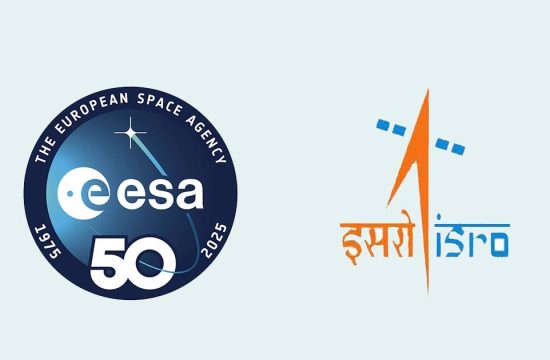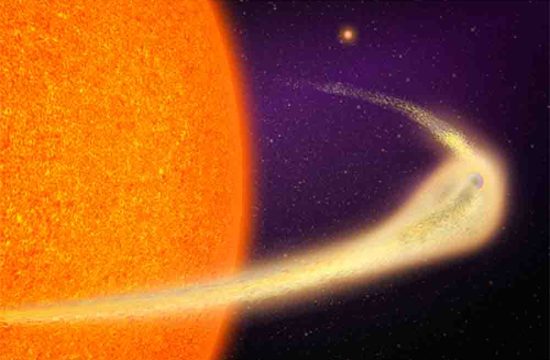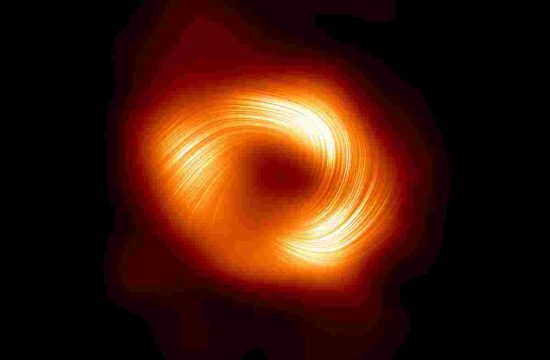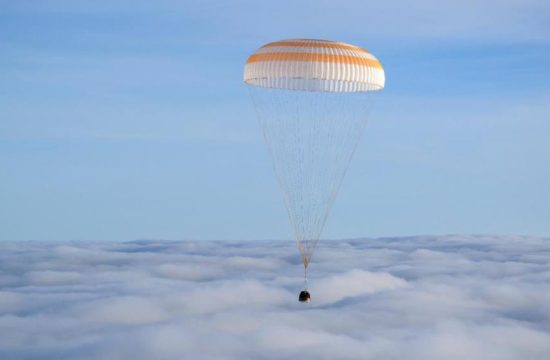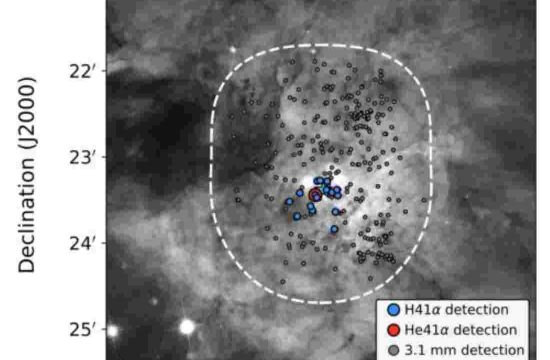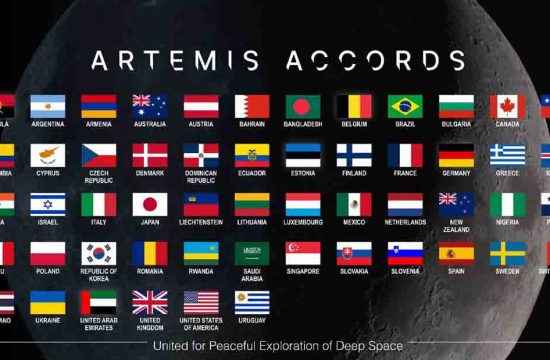The European Space Agency (ESA) Education Office, in partnership with Andøya Space Education and the Norwegian Space Agency, is announced a new cycle for the Fly a Rocket program. The call for applications is open until the 9th of October 2022 23:59 CEST.
According to ESA, this program offers a unique opportunity for bachelor’s students to learn about the physics, engineering, and operations behind a rocket launch. It combines theoretical course work carried out online with a hands-on launch campaign of a sounding rocket from the Andøya Space launch site in northern Norway.
The selected candidates will take part in an online course from November 2022 to February 2023, where they have the opportunity to learn the necessary theoretical background for the rocket campaign – both from an engineering and scientific perspective. Topics covered include among others rocket dynamics, atmospheric and aurora physics, soldering, and telemetry.
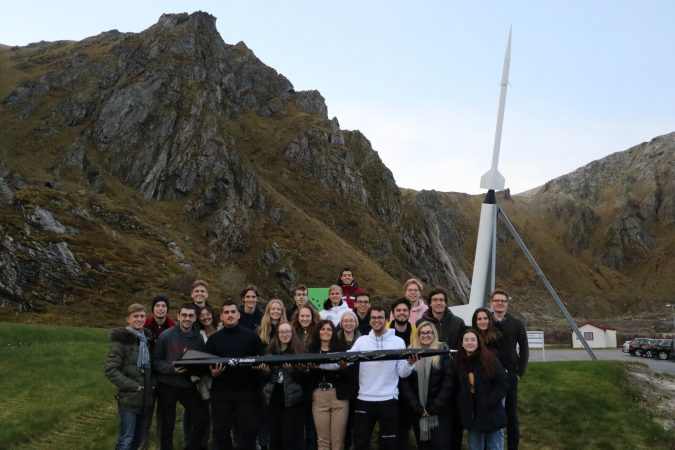
In a week filled with additional training and hands-on work, the participants are split into teams and have the chance to work on the Andøya Space Education telemetry station, the rocket’s payload section, or several sensor experiments.
They build, test, and finally launch their own sounding rocket. During the campaign, students work in close collaboration with experts from Andøya Space and ESA and take over typical tasks of personnel involved in sounding rocket launch campaigns.
The ESA said that this unique opportunity is aimed at bachelor-level students early in their studies and will give them an introduction to space science and technology, with an aim to ‘fill the gap’ between Secondary school activities, such as CANSats, and more advanced space-education programs such as REXUS/BEXUS.
Participation in this program will elevate participants’ understanding and appreciation for the space industry and encourage them to pursue further opportunities within their studies or careers related to space.
While an understanding of some higher-level mathematics is required, candidates from any background are encouraged to apply. However, they should demonstrate a strong interest in the space industry, space science, or technology.
According to ESA, successful applicants will have the costs for travel (up to a ceiling), accommodation, and participation in the campaign covered by the organizers.
The launch campaign is planned to take place around March 2023. The students will travel to Andøya Space, north of the Arctic Circle, where they will put their knowledge into action.


